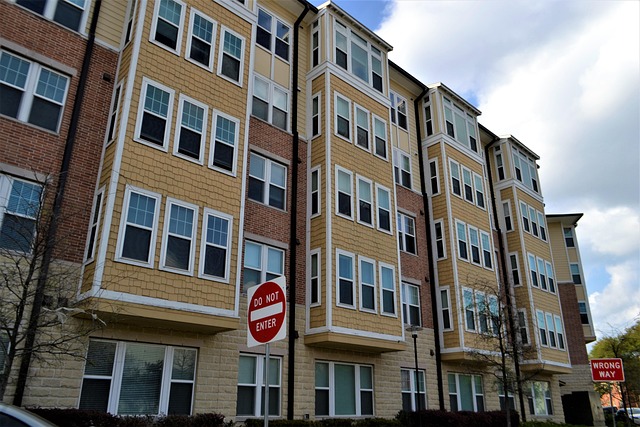Rental history checks are vital in the rental application process, enabling landlords to assess tenants' financial stability, reliability, and responsible behavior by verifying addresses, tenancy durations, payment records, and criminal histories. These comprehensive background checks help minimize vacant properties, property damage, and non-payment issues while fostering healthier tenant-landlord relationships. For tenants, a positive rental history increases the chances of securing desired properties, whereas negative histories may prompt landlords to consider alternatives or address potential issues. The impact of these checks significantly shapes the overall renting experience for both landlords and tenants.
Rental history checks play a pivotal role in the intricate process of leasing properties, serving as a crucial tool for both landlords and tenants. This article delves into the intricacies of understanding and conducting these checks, revealing their multifaceted impact on the rental application process. From assessing potential tenants’ past residences to gauging their creditworthiness, these background checks are essential for ensuring a seamless and secure renting experience. We explore the implications for both parties, shedding light on why they matter in today’s market.
- Understanding Rental History Checks: What They Entail and Why They Matter
- The Process of Conducting Background Checks on Rental Applications
- Impact of Rental History Checks on Both Landlords and Tenants
Understanding Rental History Checks: What They Entail and Why They Matter

Rental history checks are an integral part of the rental application process. They serve as a comprehensive tool for property owners and managers to assess potential tenants, going beyond what’s provided on paper. These background checks delve into an applicant’s rental trajectory, verifying their previous addresses, tenancy durations, and payment records. By examining this historical data, landlords can gauge responsibility, reliability, and the likelihood of timely rent payments.
The impact of these checks on the renting process is significant. A thorough rental history check helps screen out candidates who may pose financial or behavioral risks. It provides a layer of protection for property owners by minimizing the chances of vacant properties due to non-payment or damage. Moreover, it aids in fostering a harmonious tenant-landlord relationship by matching suitable applicants with properties that align with their rental histories and responsible behaviors.
The Process of Conducting Background Checks on Rental Applications

When landlords or property managers consider a rental application, they often delve into a crucial step: conducting thorough background checks. This process involves verifying key information provided by potential tenants to ensure a safe and reliable renting experience. The first stage typically includes credit checks to gauge financial responsibility, as it’s a significant indicator of how well a tenant can manage their rental payments on time. Besides credit history, landlords also conduct rental history checks, cross-referencing the applicant’s past residences and employment details.
The background check process extends beyond financial and employment verification. Tenant background checks may include criminal record reviews to ensure the safety of the property and other tenants. Landlords might also investigate public records for any legal issues or outstanding warrants. Additionally, references from previous landlords or employers can provide insights into the applicant’s rental and professional history, further shaping the decision-making process in the rental application evaluation.
Impact of Rental History Checks on Both Landlords and Tenants

Rental history checks play a pivotal role in the renting landscape, influencing both landlords and tenants alike. For landlords, these checks are essential tools to mitigate risks associated with renting properties. By reviewing a tenant’s rental history, creditworthiness, and potential red flags through background checks on rental applications, landlords can make informed decisions about who occupies their spaces. This process helps protect their investments by minimizing the chances of vacant units, damage to property, or non-payment of rent.
On the other hand, tenants also benefit from rental history checks as they provide a chance for transparency and fairness in the rental application process. A prospective tenant’s past rental record can showcase their reliability and responsibility as a renter. Positive rental history, reflected in good credit scores and timely rent payments, increases their chances of securing a desired property. Conversely, negative rental history may alert landlords to potential issues, allowing them to consider alternative candidates or implement necessary improvements to ensure a successful tenancy.






